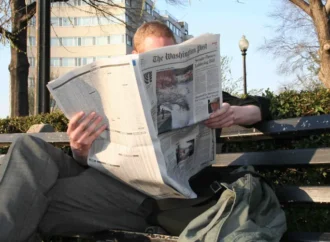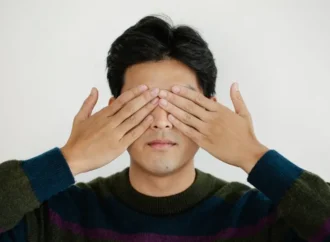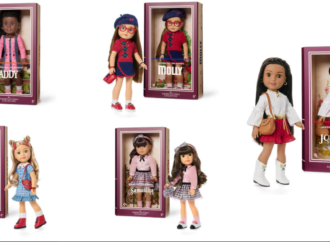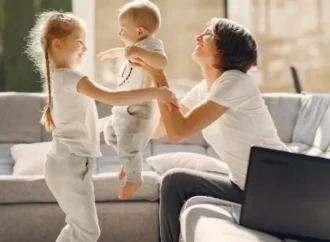Perhaps you heard, but the raccoon that scaled the UBS building in Saint Paul, Minnesota, was just using its superpower instincts. As Suzanne MacDonald, a psychologist from York University studying urban raccoons, notes in an article for The Washington Post, the newly dubbed #mprraccoon was just hungry and curious— and also happens to have Spiderman capabilities.
While the dear raccoon is now safely residing on private property, Twitter was quite invested in its wellbeing for several hours. In fact, it was the no. 1 trending topic by the evening.
— Layton E. Williams (@LaytonEWilliams) June 12, 2018
— Red T Raccoon (@RedTRaccoon) June 12, 2018
The emotional day subsided with tweets of gratitude and Minnesota Public Radio rolling out some stylish merchandise #mprracoon themed.
— Tim Nelson (@timnelson_mpr) June 13, 2018
The emotional attachment towards critter friends seems to be a new cultural norm. This is seen especially among millennials. In fact, millennials have now pulled ahead as the largest pet owning demographic, surpassing baby boomers for the lead. Pet bakeries, pet highchairs, pet perfume, and pet umbrellas are just a few of the products millennials can purchase for their furry friends.
This is innocent enough, but it’s alarming to think that while fertility rates are down, our enthusiasm for our animals is moving the other direction. While the statistics are a bit nuanced for an overwhelming correlation, we’ve probably all heard someone say, “My pet is my baby,” or “This is just practice for kids someday,” or “Kids are expensive, we’ll just be happy with our dog for now.” Our culture seems to postpone the raising of the next generation, while being perfectly content to ogle at the adorable little animals on our newsfeeds.
This trend was even picked up by Dreamwork’s animated movie The Boss Baby in 2017. As the trailer below implies, the baby population recognizes they are in danger of being replaced by plushy puppies. It’s a witty, lighthearted story, but is there some truth about this observation?
It’s perfectly understandable that office boredom would drive such interest in the little-raccoon-who-could. But do we need to be careful about our obsession over animals? If they are replacing the affection we have for tiny humans, do we need to consider redirecting our priorities?
[Image Credit: Twitter-Paige Donnelly law]
















Leave a Comment
Your email address will not be published. Required fields are marked with *